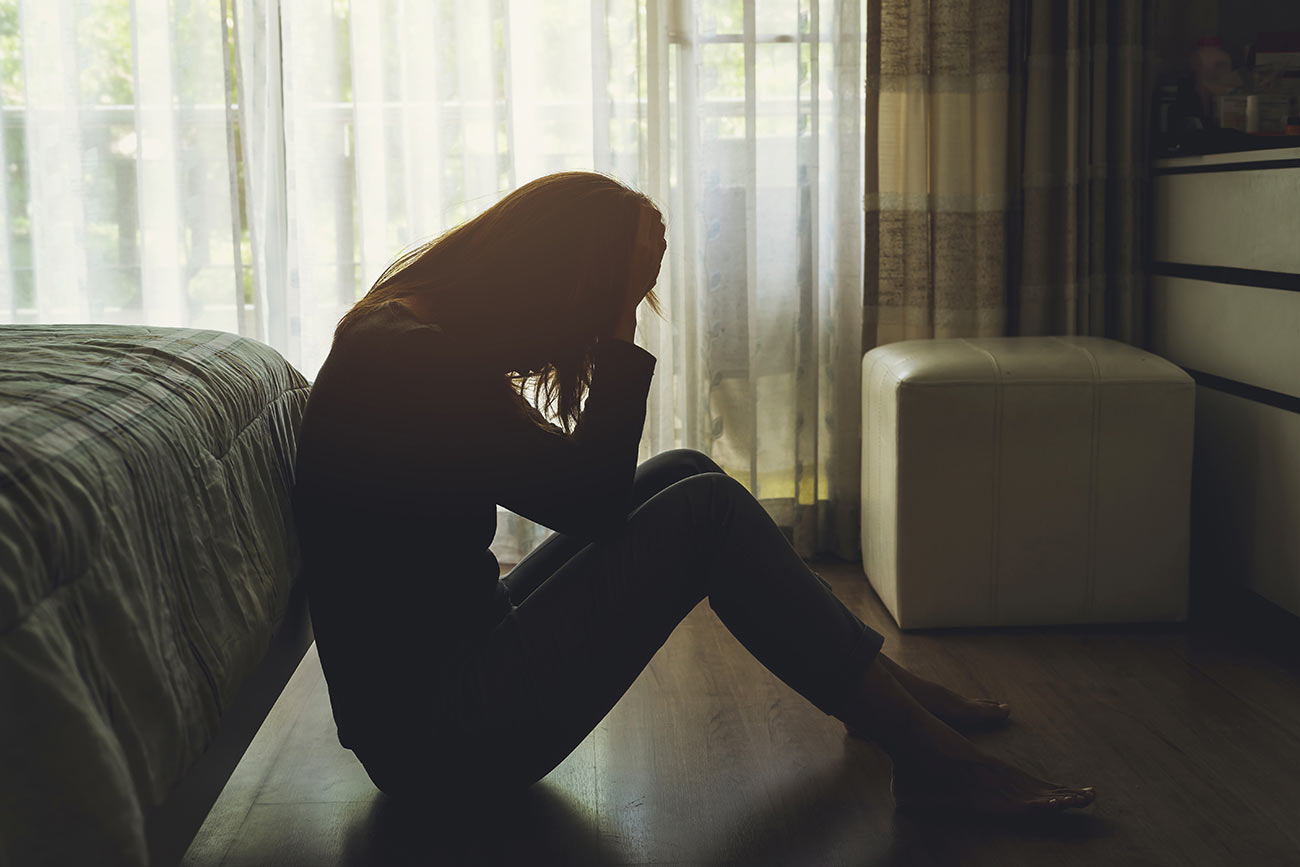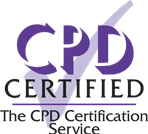
Have you experienced trauma and need help?
Psychological trauma is a normal reaction to a traumatic event. Whilst many consider this as physical trauma, like sexual abuse, domestic violence, natural disasters or illness, it can also occur from psychological trauma, like the death of a loved one, of witnessing something horrifying.
Trauma can leave you feeling numb, isolated and unable to cope. Feeling unsafe or unable to trust people compounds the problem and can make it difficult for some to reach out. However, you are not alone…
In one study, covering 24 countries, it was found that 70% of the respondents had experienced trauma of some kind1. It is thought that 25-30% of people who experience trauma will go on to develop post-traumatic stress disorder (PTSD) or its close relation adjustment disorder (AD).
What Is Trauma? How Do I Know If I Have Experienced Trauma?
When we hear the word trauma, we think of physical threat as the prime trigger: war, witnessing of extreme violence, sexual abuse or experiencing a natural disaster. This leads some, whose trauma cannot be attributed to physical threat, to dismiss their trauma symptoms. This could be leaving people vulnerable and without proper diagnosis. It could be that disorders, such as PTSD and AD are being underdiagnosed in society because our expectation of what constitutes ‘trauma’ is outdated.
Slowly, it’s being recognised that all sorts of life events can cause genuine trauma. In 2005 a study produced some dramatic results. From a study of 3000 people it was found that those dealing with normal ‘life’ events (relationship issues, work problems, death of a loved one or serious illness) often displayed more PTSD symptoms than those who had experienced a life-threatening ‘traumatic’ scenario such as war or a natural disaster2.
So, if you feel traumatised but think that the ‘trigger’ for your experience is not worthy of the definition or you’ve been through a life-changing event and are experiencing symptoms but cannot quite understand what is happening to you psychologically, it could be that you are experiencing PTSD/AD.
What Are The Symptoms Of Trauma?
There are four main symptom groups:
- Arousal – irritability, difficulty sleeping, self-destructive behaviour and hypervigilance (feeling jumpy).
- Avoidance – an effort to avoid situations that remind you of the event and avoiding feelings/thoughts and memories.
- Intrusiveness – recurrent distressing thoughts, flashbacks, intense stress when reminded about the event or your current situation.
- Physical symptoms such as nausea and palpitations.
- Cognitive symptoms – knowing that life has ‘changed’. Self-blame, feelings of guilt. Feeling ‘numb’, isolated and withdrawn.
People with trauma have reported all kinds of symptoms: bad dreams, having trouble concentrating and ‘blocking out’ the past/being unable to remember certain events, thinking their future is worthless. And whilst sexual abuse ranks highest on the scale for likelihood of developing PTSD, those facing difficulties at work or relationship problems ranked higher for trauma than soldiers who have witnessed violent events during war, leaving them open to the possibility of developing the condition. In addition, anyone who has a family history or is predisposed to mental health issues will too face a greater risk of PTSD should this be triggered by an event.
What Help Is Available For Trauma Victims?
Assessing your symptoms is relatively easy. The Impact of Events Scale – Revised (IES-R) can be found here. If you feel that you are registering on the scale, it’s advisable to make your healthcare provider aware.
There are some lifestyle changes that can help you cope with the symptoms of trauma. Deep breathing exercises, physical exercise (especially yoga) and eating a balanced diet will allow you to physiologically deal better with what your body and mind is experiencing. Searching for support online is always advisable. For instance, anyone dealing with sexual abuse can contact Rape Crisis for information and to talk to someone.
Trauma is serious, can consistently undermine your quality of life, and needs effective treatment.
Many of the above symptoms can be attributed to depression, but it’s important to note that treating PTSD/AD as depression will make your symptoms worse. Effective treatments for depression, especially medication and talking based therapies, are likely to compound the effects of PTSD. If you are experiencing both depression and trauma, depression should be treated first. For trauma patients, no treatment should be administered for a month (‘watchful waiting’) to assess whether the condition improves or declines. After this period, there are two effective treatments recommended: eye movement desensitisation and reprocessing (EMDR) and trauma focussed cognitive behavioural therapy (TFCBT).
Luckily, today many mental health preconceptions are being challenged and we are able to talk about and share our experiences more openly. If you have experienced trauma or recognise symptoms listed above, it’s important that you talk to someone and get the help you need. These symptoms can be addressed to improve your quality of life. There’s no need to live with the effects of trauma and try to cope with them on your own.
If you would like to book a consultation with one of our consultants at The London Psychiatry Centre to find out how we can help get your life back on track, simply call us now on 020 7580 4224.


